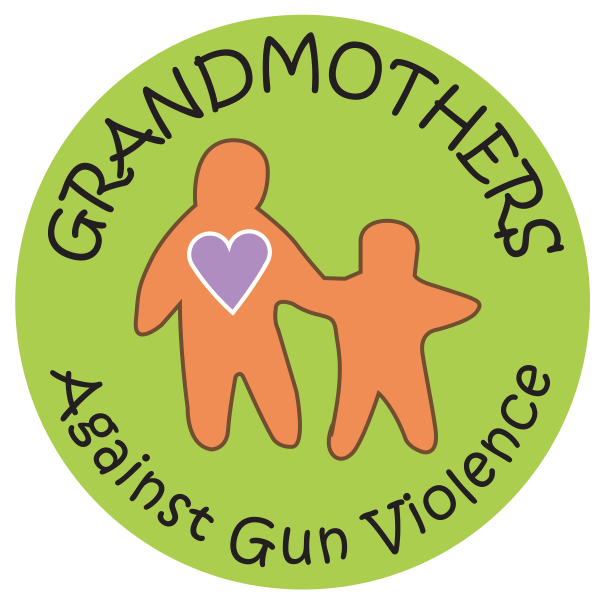August 2, 2022
Written by Linda Goodrick
Dorothy Holland Mann, MPH, PhD, is yet another grandmother who wants to make a positive difference.
Dorothy is a supportive member of Grandmothers Against Gun Violence and one of its original members. The issue is both one of public policy and personal for her, having lost a grandson to gun violence in the early years of the urban gun violence epidemic. She has never owned a gun although growing up her father and his brothers hunted with “shot guns” which were safely stored in their homes when not in use. Dorothy feels strongly about the need for improved gun safety policies including universal background checks, assault weapons bans, red flag requirements and locked gun storage. Current activist work is focused on undoing racism in our community and across the country. She invites GAGV members to join her in this social justice issue which is so intertwined with its gun violence agenda.
Currently a social justice, health, and arts/culture activist, Dorothy grew up in Northern Virginia and began her career as a community organizer with the federal OEO Community Health Center Program, a part of President Johnson’s War on Poverty. The CHC program worked with state and local health and social service agencies and grass roots community leaders to identify the need for health services in low income and underserved urban and rural communities. She and her colleagues helped these communities apply for federal funds to establish or expand existing health centers.
Following a competitive process in 1979, Dorothy was selected to serve as Regional Health Administrator for Region X USPHS and moved to Seattle. The Region includes Alaska, Idaho, Oregon, and Washington. Here she led a regional staff responsible for overseeing the community health center program, maternal and child health, family planning and a range of CDC-funded programs. She retired in the mid-nineties and accepted an offer from Mayor Norman Rice to lead an initiative to integrate the concept of interpersonal violence as a public health issue into City outreach programs. After two years the project was completed, and a final report published. Dorothy moved on to lead a project at the UW Evans School (then the Institute for Public Policy and Management) funded by the State Labor and Industry Department to survey a sample of State businesses to determine the status of, or their interest in, developing workplace violence policies and procedures. This project was completed with a final report to the State.
Dorothy’s professional public health career has taken her to countries in Sub-Sahara Africa, North Africa, Latin America, and SE Asia. Working with in-country Peace Corps and host country staff, she advised on a variety of population health projects. During this period Dorothy traveled to Harare, Zimbabwe, to conduct a food security survey for The Hunger Project, a nonprofit dedicated to ending world hunger. In 1979 and again in 1986 she organized and led delegations of health professionals to the People’s Republic of China to observe differences and contrasts between traditional and Western medicine practices. In 1985 she organized and led a delegation of Seattle women leaders to attend the UN Conference on Women in Nairobi, Kenya, where they met and interacted with women from around the globe to discuss and discern the status of women. The delegation also visited Mombasa, Kenya, a Seattle Sister City, where they met with the mayor, his wife and other city officials. Upon returning Dorothy was invited to speak to Seattle Rotary 4 to share her impressions of the UN Conference. She also reported to then Mayor Royer and his staff on the Mombasa meetings
When Dorothy is not engaged in her activist pursuits, she is an avid reader and world traveler, having visited more than 30 countries for work or leisure travel. She says it is a part of her commitment to lifelong learning. Fine dining is a guilty pleasure which she enjoys as often as possible. Less well known is that she was an avid needle-pointer until recently. She has a collection of pillows and framed canvases to show for her efforts.
Dorothy finds inspiration in a quote from Maya Angelou, a favorite author: “History, despite its wrenching pain, cannot be unlived, but if faced with courage, need not be lived again.”
Onward!


